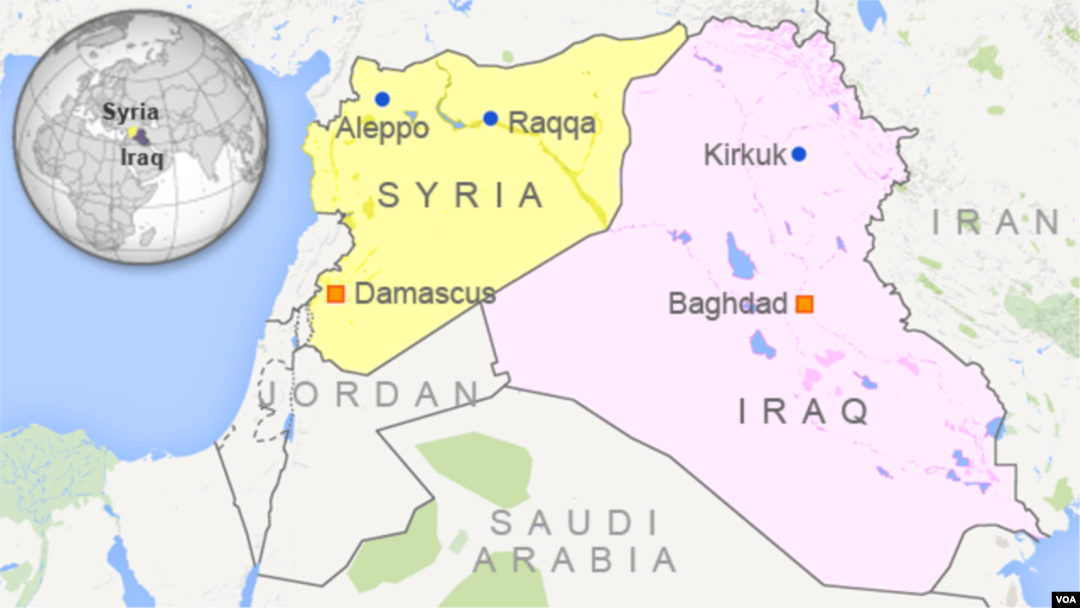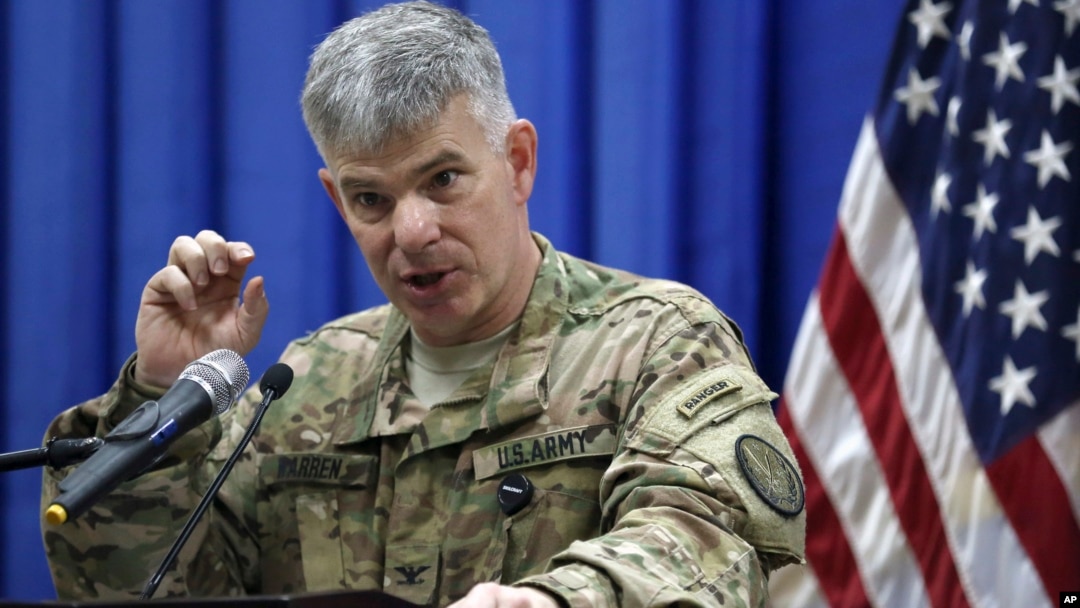The Pentagon says recent U.S.-led coalition airstrikes in Syria and Iraq have killed three senior Islamic State leaders, including the extremist group's financial chief.
Coalition spokesman Steve Warren said Thursday Abu Salah was responsible for coordinating the group's extortion activities. Warren called Salah one of Islamic State's most experienced leaders and said his death will disrupt its financing.
The spokesman also said coalition airstrikes have killed 350 Islamic State fighters in the Iraqi city of Ramadi. Iraqi forces have retaken parts of the city in the past week, but Islamic State still controls much of the town.

Also Thursday, a senior U.S. Treasury official said Islamic State is a wealthy organization whose finances are hard to disrupt.
Adam Szubin of the Office of Terrorism and Financial Intelligence spoke in London where he gave a brief rundown of Islamic State's riches - more than $500 million in black market oil sales, as much as $1 billion looted from bank vaults in Syria and Iraq, and millions more brutally extorted from Iraqi and Syrian citizens.
Szubin says the United States is working closely with its coalition partners and the Iraqi government to strangle Islamic State's finances and sever its ties to the global financial system. He says the terrorists need access to the world banking system to move money, transfer funds, and import supplies.
Szubin says Islamic State has its vulnerabilities. Coalition airstrikes against its oil fields, tankers, and refineries have degraded one of the group's top sources of funds.
U.S. Treasury Secretary Jacob Lew will chair a summit of United Nations Security Council finance ministers in New York next week to talk about Islamic State financing.
Szubin calls the meeting unprecedented, saying it will be the first time finance ministers will lead a council session. He says the talks will be an important step forward in disrupting Islamic State's funding.


